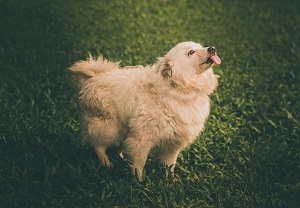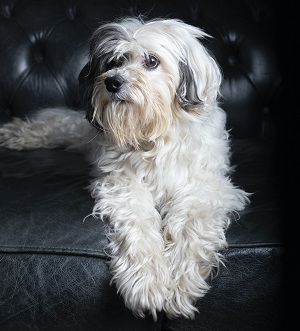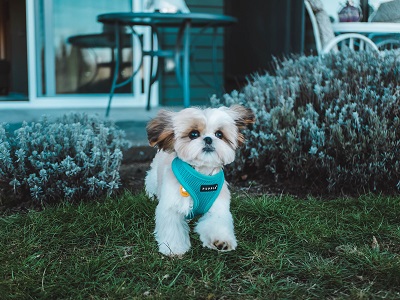When you’re decking out your dog in a cool dog tactical gear, it’s not just about style; it’s about their comfort too. You wouldn’t want to wear something that felt weird or itchy, right? Well, your four-legged buddy deserves the same consideration.

Tips
So, here are some tips to make sure your dog fits their tactical gear while staying comfy.
Get the Right Size
Let’s start with the basics. Get the right size! Gear that’s too big or too small can make your dog unhappy.
Measure their neck, chest, and girth, and check the manufacturer’s size guide. Keep in mind that different brands might have slightly different sizing, so always double-check the measurements.
Adjust for a Perfect Fit
Even with the right size, a bit of tweaking might be needed for that custom fit. Most tactical gear has adjustable straps and buckles, so you can fine-tune it to your dog’s shape.
Make sure it’s snug but not too tight; your dog should move comfortably.
Consider their building
Think about your dog’s build. Different breeds have different shapes. For example, deep-chested breeds like German Shepherds might need gear that accommodates their chests, while short-nosed breeds like Bulldogs need gear that doesn’t squash their snouts.
Keep It Breathable
Dogs can get pretty comfortable, especially during outdoor adventures. Look for gear made from breathable materials that let the air flow.
Mesh panels or moisture-wicking fabrics are fantastic for keeping your dog cool and dry.
Test Their Mobility
Once the gear’s on, check if your dog can move freely. They should walk, run, and sit without any trouble. If you notice discomfort or movement restrictions, adjust the fit until it’s just right.
Gradual Introduction
If your dog’s new to tactical gear, ease them into it. Start with short sessions and build up. Use treats and praise to create positive associations. This way, your dog will learn to love their gear.
Regular check-ups
Even though tactical gear is built tough, it’s still good to give it a once-over now and then. Look for loose threads, frayed straps, or wonky buckles. Replace any worn-out bits to keep your dog safe and comfy.
Listen to Your Dog
Lastly, pay attention to your dog’s signals. If they seem upset, try to take off the gear constantly, or show signs of discomfort like scratching or whining, listen to them.
Maybe they need a different size or style of gear, or they might not want to wear it at all. Always respect your pup’s feelings.

Conclusion
In a nutshell, dressing your dog in tactical gear is about both style and comfort. By getting the size right, adjusting it to fit perfectly, considering their build, keeping things breathable, testing mobility, introducing gear gradually, doing regular check-ups, and, most importantly, listening to your dog, you’ll make sure they’re comfy and ready for any adventure in their cool tactical gear!

